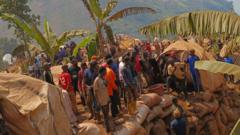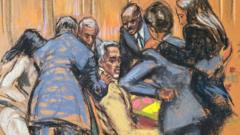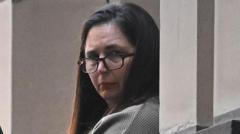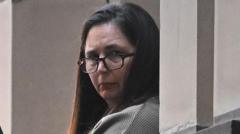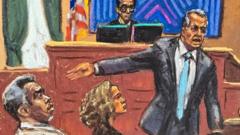Following accusations of supporting the M23 armed group, the DR Congo government is initiating steps to revoke former President Joseph Kabila's immunity from prosecution. Kabila's political party has denied recent claims of his return to the country after two years abroad.
DR Congo Moves to Lift Joseph Kabila's Legal Immunity Amid Rebel Allegations
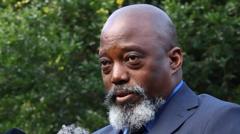
DR Congo Moves to Lift Joseph Kabila's Legal Immunity Amid Rebel Allegations
The Democratic Republic of Congo's authorities are seeking to prosecute former President Joseph Kabila for alleged ties to rebel groups in the east.
The Democratic Republic of Congo (DRC) is taking steps to lift the legal immunity of its former President Joseph Kabila, focusing on allegations of his involvement with rebel factions, specifically the M23 group, in the eastern region of the country. Justice Minister Constant Mutamba announced on Wednesday that there exists "a substantial body of documents, testimony, and material facts" that purportedly link Kabila to this insurgency.
The M23, which has gained territorial control over key mineral-rich areas in eastern DRC, has raised concerns both domestically and internationally about security and governance in the region. President Kabila, who ruled for an extensive period of 18 years, assumed office after the assassination of his father, Laurent Kabila, in 2001 at the age of 29. Following his presidency, he received the title of "senator for life," which currently shields him from legal accountability.
In an effort to initiate legal proceedings against Kabila, the country's military prosecutor is urging the senate to revoke his immunity, setting the stage for a potentially significant political confrontation. While Kabila has not publicly addressed the recent allegations, he has consistently denied any association with the M23 rebels.
Reports had circulated last month suggesting Kabila's return to the DRC and a visit to the rebel-controlled area of Goma, but his political party, the People's Party for Reconstruction and Democracy, promptly refuted these claims. As the situation develops, the implications of these allegations could reshape the political landscape in the DRC and affect ongoing conflicts fueled by armed groups.




